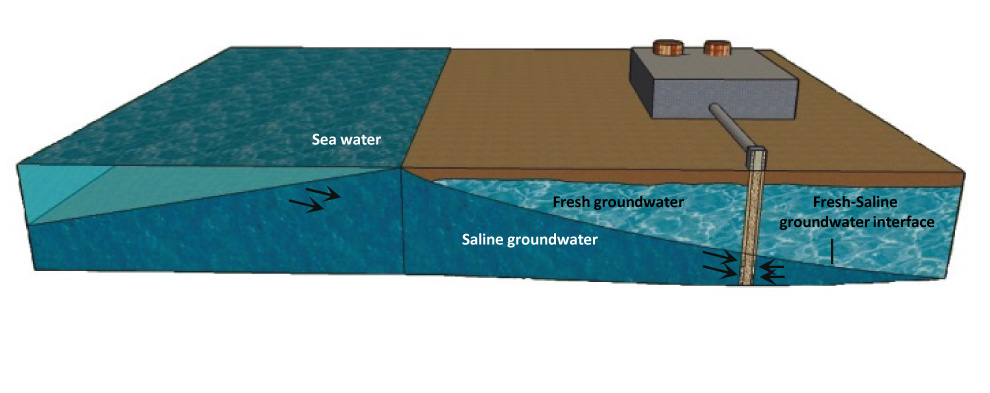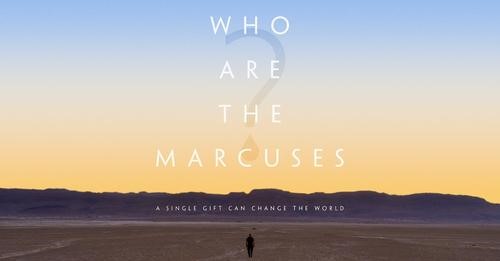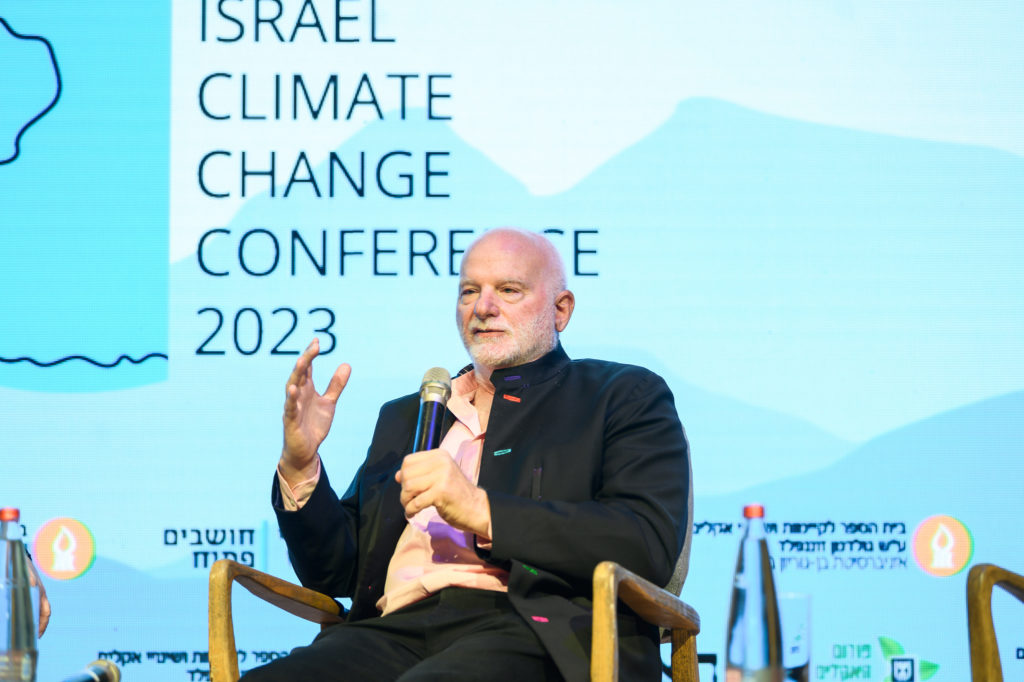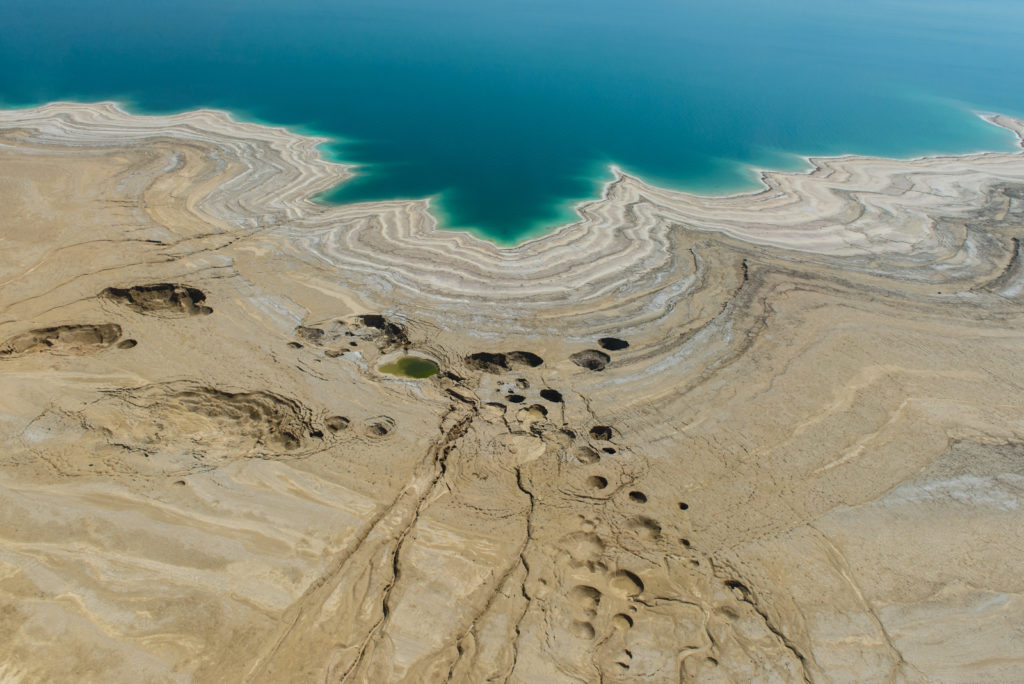
A Better Source for Desalination Than Seawater
A Better Source for Desalination Than Seawater
March 1, 2016
Desert & Water Research, Press Releases
TResearchers at BGU have determined that saline groundwater from coastal aquifers is a better alternative water source than seawater for reverse osmosis (RO) desalination due to reduced membrane fouling and pre-treatment costs.
The study was published in Environmental Science & Technology and conducted by researchers at the BGU Zuckerberg Institute for Water Research, the BGU Department of Geological and Environmental Sciences and the Israel Geological Survey.
“Decision-makers in both California and Israel can use this research to seriously consider saline groundwater as a realistic alternative when planning future large-scale seawater desalination facilities,” explains Dr. Roni Kasher, a senior lecturer in the BGU Zuckerberg Institute’s Department of Desalination and Water Treatment. “In Israel, seawater desalination accounts for 60 percent of the total freshwater supply, so these findings are significant.”
BGU researcher Shaked Stein adds, “Saline groundwater results from seawater intrusion into coastal aquifers, shifting the fresh-saline water interface upward and landward, and replaces fresh groundwater with saline groundwater. The RO process in coastal aquifers will be helpful in restraining seawater intrusion.”
Other saline groundwater benefits include consistent annual water temperatures, and lower levels of dissolved oxygen, silt density and phytoplankton. It also decreases the cost of desalination. The RO desalination process of seawater requires significant energy and large plant area by valuable shorefront property, both of which increase the product water cost.
“The study showed that aquifer filtration increases the feed water quality and reduces the need for extensive pre-treatment processes,” explains Stein. “RO desalination with saline groundwater as feed water is also more efficient, with higher freshwater recoveries, less chemical use and maintenance, and therefore less overall operational costs.”
Due to seasonal seawater characteristic fluctuations, Stein specifically recommends using saline groundwater in the summertime rather than seawater since the research identified higher membrane fouling in summer. “Salt rejection decreases in elevated temperatures due to changes in membrane permeability and mass transfer.”
According to Dr. Kasher, “In our study, we used normal (vertical) wells to take samples from the saline groundwater. All the wells were a maximum of 300 feet (100 meters) from the shoreline. However, the water intake can be accomplished using several different types of wells.”
Other researchers involved in the study include Drs. Amos Russak and Orit Sivan, BGU Department of Geological and Environmental Sciences; Dr. Yoram Oren BGU Department of Desalination and Water Treatment, Zuckerberg Institute for Water Research; Dr. Yoseph Yechieli, Geological Survey of Israel; Dr. Eyal Rahav, Israel Oceanographic and Limnological Research, National Institute of Oceanography.
Saline Groundwater from Coastal Aquifers as a Source for Desalination research received support from the Water Authority of Israel (a research grant to O. Sivan, R. Kasher, Y. Yechieli, Y. Oren, and a student fellowship to S. Stein). (DOI) 10.1021/acs.est.5b03634.
About Zuckerberg Institute for Water Research
The Zuckerberg Institute for Water Research, Israel’s largest and leading water institute, conducts interdisciplinary, cutting-edge research and graduate education in water sciences, aimed at improving human well-being through technologies and policies for sustainable use of water resources. World-renowned Zuckerberg researchers are focused on desalination technologies and groundwater production, water quality and microbiology, as well as water resource economics and management. Zuckerberg graduate programs attract students from all corners of the world who are involved in research projects and collaborations in both developed and underdeveloped countries. Named for New York philanthropist Roy J. Zuckerberg, the Institute was founded in 2002 within the Jacob Blaustein Institutes for Desert Research at the Sde Boker Campus of Ben-Gurion University of the Negev. For more information, visit www.aabgu.org/water
ABOUT AMERICANS FOR BEN-GURION UNIVERSITY
By supporting a world-class academic institution that not only nurtures the Negev, but also shares its expertise locally and globally, Americans for Ben-Gurion University engages a community of Americans who are committed to improving the world. David Ben-Gurion envisioned that Israel’s future would be forged in the Negev. The cutting-edge research carried out at Ben-Gurion University drives that vision by sustaining a desert Silicon Valley, with the “Stanford of the Negev” at its center. The Americans for Ben-Gurion University movement supports a 21st century unifying vision for Israel by rallying around BGU’s remarkable work and role as an apolitical beacon of light in the Negev desert.
About Ben-Gurion University of the Negev
Ben-Gurion University of the Negev embraces the endless potential we have as individuals and as a commonality to adapt and to thrive in changing environments. Inspired by our location in the desert, we aim to discover, to create, and to develop solutions to dynamic challenges, to pose questions that have yet to be asked, and to push beyond the boundaries of the commonly accepted and possible.
We are proud to be a central force for inclusion, diversity and innovation in Israel, and we strive to extend the Negev’s potential and our entrepreneurial spirit throughout the world. For example, the multi-disciplinary School for Sustainability and Climate Change at BGU leverages over 50 years of expertise on living and thriving in the desert into scalable solutions for people everywhere.
BGU at a glance:
20,000 students | 800 senior faculty | 3 campuses | 6 faculties: humanities & social sciences, health sciences, engineering sciences, natural sciences, business & management, and desert research.
For all press inquiries, please contact:
James Fattal, J Cubed Communications
516.289.1496




